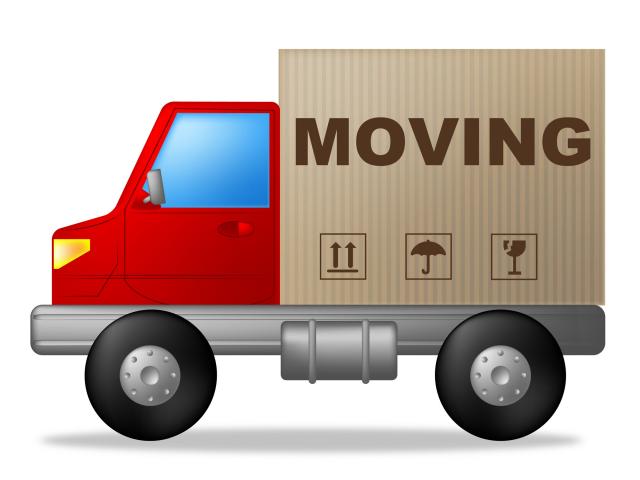If you have ever spent any time at the building permit office, then you probably understand how big of a headache it can be. Even if you are just wanting to make a small home update, you probably found yourself questioning, why do I need a permit for that? Why is it so expensive?
The permits themselves are very expensive and that doesn’t take into consideration the repair cost on top of that. If you have thought about starting major home renovations without having the proper permits, then you should certainly reconsider. If you are starting these home renovations because you are looking to sell your house, then I would recommend selling your home to a cash home buyer instead and saving thousands of dollars and eliminating headaches altogether.
If you attempt to sell your property and you have completed repairs without a permit then there could be a lasting impact if a home inspector finds out. If that does become the case and an inspector sees that you have completed non-permitted repairs, then its as if you purchased a home without a salvaged title. Sure you have a home, but because you didn’t get the permit, you did more damage than good and could be forced to sell for much lower than market value as this is a huge red flag for buyers.
There could also be huge fines associated with unpermitted work. These fines are always much higher than the cost of the actual permit, thus incentivizing people to get permits. Even if you think you won’t get caught, the drawbacks and fines just aren’t worth the risk. In fact, if you are in the middle of the construction and an inspector requests to see your permit, you must be able to provide it on hand or they will order you to completely stop construction. At this point, you risk having an open house or the city demanding that all unauthorized work be demolished. If it has come to this point that the cost of the permit is just too much, consider selling your home for cash to a reputable home buying company.
Read also: How to Buy a House With No Money in the Bank
The last positive of selling your home for cash is that you will have more available funds to complete your next project and you won’t have the fear of doing the work without permits. By completing a cash deal, you can use a large portion of that cash for a down payment on a new home, and still, have money left over to complete and add ons or new construction projects.
Starting any type of construction without the proper permits can seem like a sneaky, cost-saving opportunity. The idea of increasing your home value is appealing to everyone, but you have to do it the right way. If you don’t want to pay the permits, consider reaching out to a home buying company that will buy your house as-is. Never, under any circumstance let someone tell you that it is ok to build/remodel your home without the proper permits unless of course, they are willing to pay the fines and backlash that may come afterward.
Read More:






















